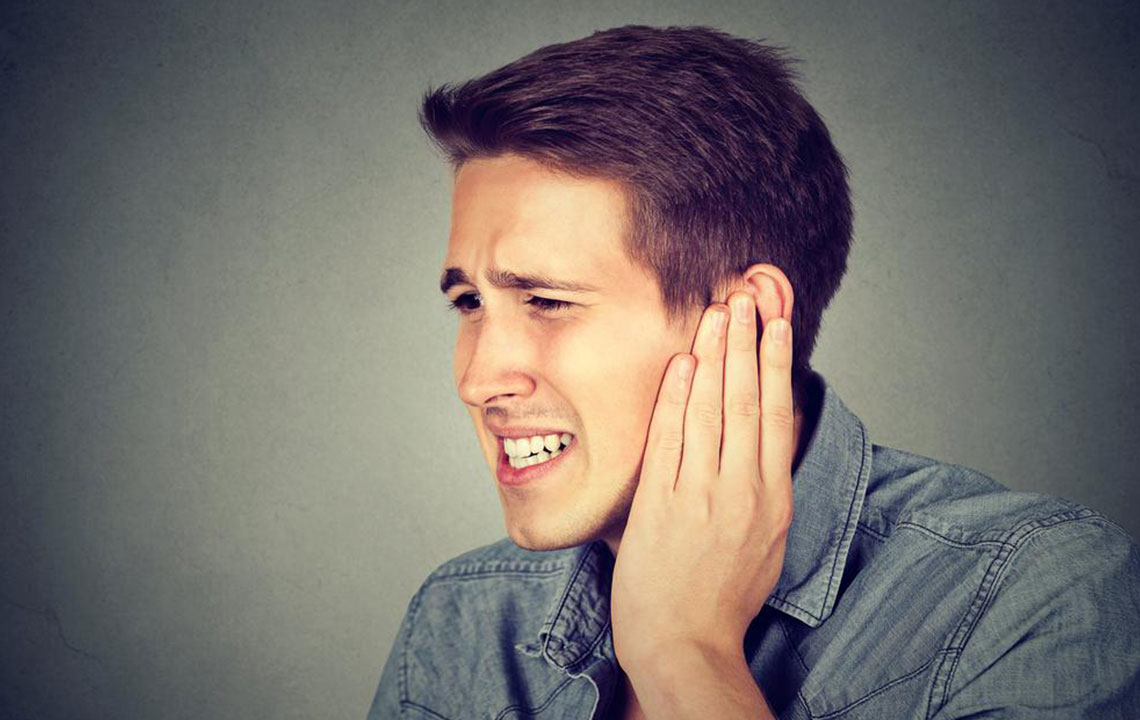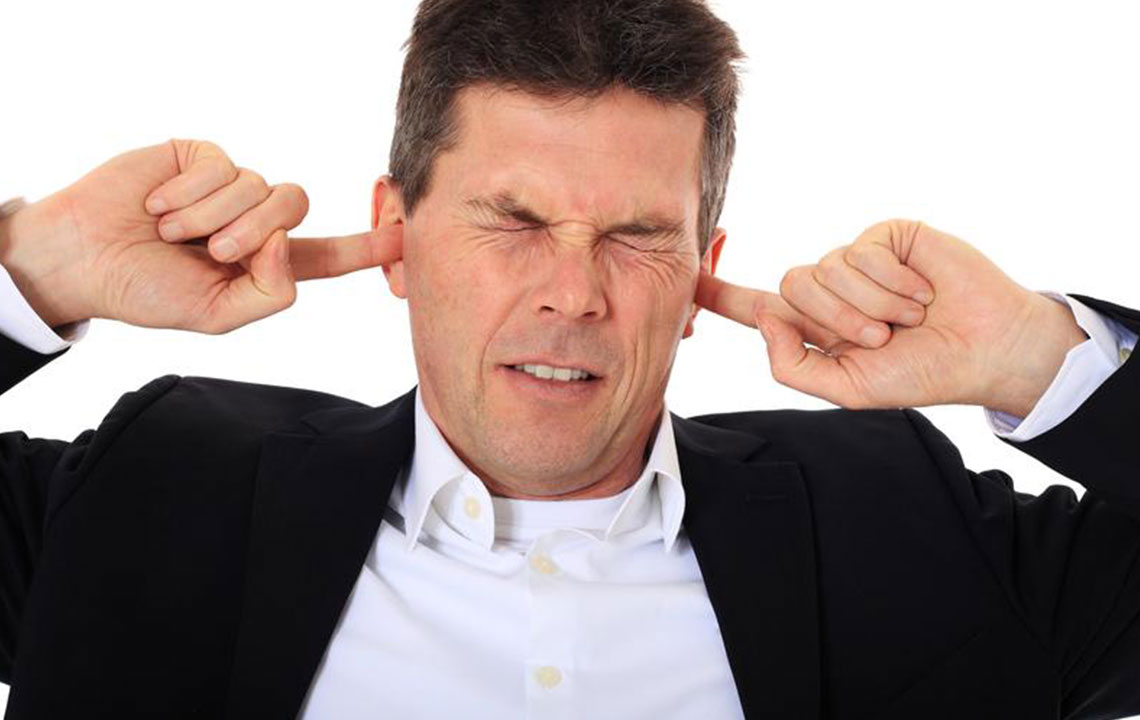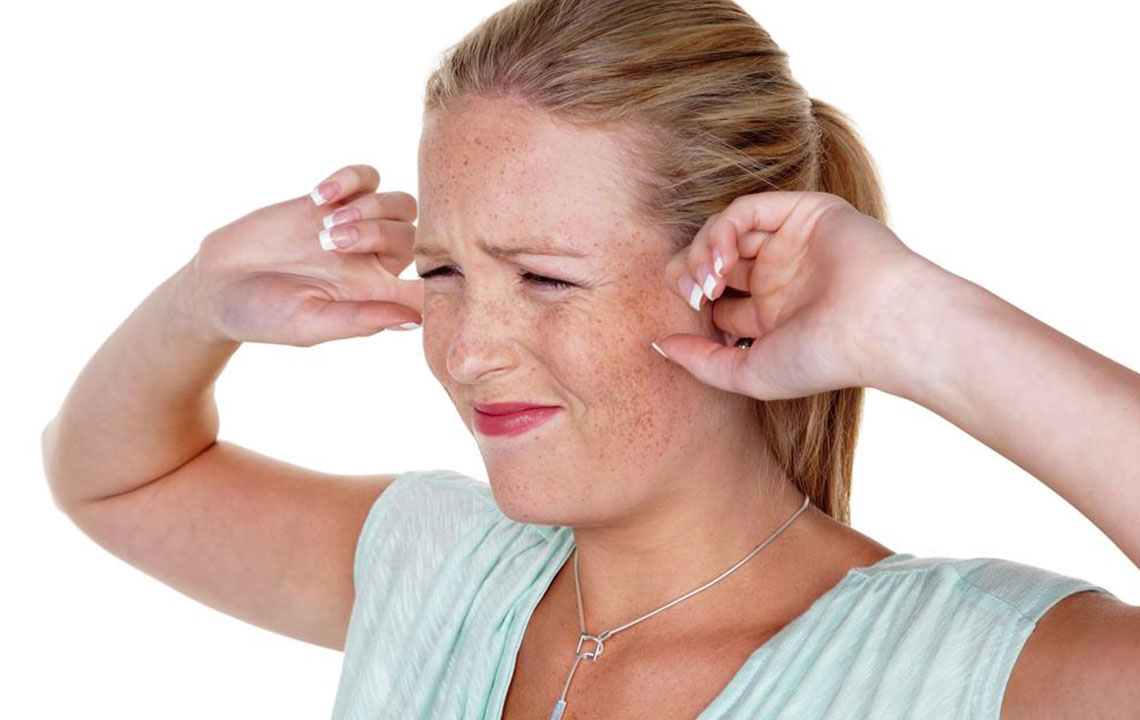Comprehensive Guide to Managing and Alleviating Tinnitus Symptoms Effectively
This comprehensive guide offers effective strategies to manage and relieve tinnitus symptoms through medical interventions, lifestyle modifications, and sound therapy. By addressing underlying causes and adopting a holistic approach, individuals can significantly improve their quality of life and reduce tinnitus impact. The article highlights the importance of personalized treatment plans and protective measures to prevent symptom worsening, providing a thorough resource for tinnitus sufferers seeking relief and better management options.

Effective Strategies for Tinnitus Relief and Management
Tinnitus, characterized by persistent ringing, buzzing, hissing, or whistling sounds in the ears, affects millions worldwide and can significantly impair daily life. The condition is not a disease itself but a symptom stemming from various underlying causes. These include prolonged exposure to loud noises, head injuries, certain medications, various health conditions, and high stress levels. While there is currently no definitive cure for tinnitus, many treatment options can considerably reduce its severity and help sufferers regain quality of life.
This comprehensive guide explores the most effective approaches to managing tinnitus symptoms through a combination of medical treatment, lifestyle adjustments, and alternative therapies. By understanding these strategies, patients can better control their condition and minimize its impact on daily activities.
Understanding and Addressing the Underlying Causes
The first step in tinnitus management involves a thorough diagnosis to identify any treatable underlying health issues. Effective treatment of these causes can alleviate or reduce tinnitus symptoms. Key underlying causes include:
Blockages caused by excess earwax or foreign objects lodged within the ear canal. Removing these obstructions can often resolve tinnitus symptoms.
Vascular conditions such as hypertension or abnormal blood flow issues that might contribute to ear sounds. Proper management through medication or surgical intervention can help.
Head and neck injuries, which may damage auditory nerves or related structures, leading to tinnitus. Treatments like medications, physical therapy, chiropractic care, or surgery can be beneficial.
In cases where jaw joint dysfunction (temporomandibular joint disorder) is involved, dental adjustments or orthodontic treatments may reduce strain and improve symptoms. Similarly, if ototoxic medications (drugs that damage ear structures) have caused temporary tinnitus, discontinuing or switching these drugs under medical supervision can lead to symptom resolution as the ears recover.
Pharmacological Interventions and Medications
While medications do not cure tinnitus outright, they can play a vital role in managing associated emotional distress, such as depression and anxiety, and in reducing symptom severity. Certain antidepressants, such as clomipramine and desipramine, have been shown to help diminish tinnitus perception. Anti-anxiety medications like alprazolam and clonazepam may also be prescribed to lessen the psychological impact of the condition. These drugs assist patients in maintaining emotional stability, which can, in turn, make tinnitus less burdensome.
Complementary and Alternative Treatment Options
Many individuals explore alternative therapies to complement traditional medical approaches. Some of the most promising include:
Acupuncture, which aims to stimulate specific points to balance energy flow and reduce tinnitus symptoms.
Transcranial magnetic stimulation (TMS), a non-invasive procedure that modulates nerve activity in the brain to help diminish the perception of ringing sounds.
Supplements such as zinc and vitamin B complex have also been discussed for their potential to support ear health and reduce tinnitus severity, though scientific evidence varies.
Making Lifestyle Modifications for Tinnitus Management
Though lifestyle changes do not address the root cause of tinnitus, they significantly aid in symptom management and improving overall well-being. Key modifications include:
Adopting a balanced diet that limits caffeine, alcohol, and salty foods, as these can aggravate tinnitus symptoms.
Ceasing smoking, which improves blood circulation to the ears and reduces stimulatory effects that may worsen tinnitus.
Engaging in regular physical activity such as walking, swimming, or yoga to reduce stress levels, improve sleep quality, and boost mood.
Ensuring sufficient sleep, as fatigue can intensify perception of tinnitus, making symptoms harder to manage.
Practicing relaxation techniques such as deep breathing, mindfulness meditation, yoga, or tai-chi to lower stress levels—an important trigger for tinnitus flare-ups.
Participating in hobbies, social engagement, and activities that help divert attention away from tinnitus and promote emotional health.
Continuous monitoring of how these lifestyle modifications influence tinnitus symptoms can help individuals discover the most effective strategies tailored to their needs.
Protecting Your Ear Health
Exposure to loud environments is a significant trigger that worsens tinnitus symptoms. Preventative measures are essential to avoid worsening the condition:
Listening to music at lower volumes, especially when using headphones or earphones, to prevent ear damage caused by excessive noise exposure.
Wearing earplugs or earmuffs during concerts, construction work, or other noisy activities to shield ears from damaging sounds.
Using Sound Masking Techniques
Sound masking involves introducing external noise to help cover or distract from tinnitus sounds, making them less intrusive:
Hearing aids that amplify ambient sounds can help mask tinnitus, especially for those with hearing loss.
White noise machines or wearable devices producing continuous low-level noise can habituate the brain to ignore tinnitus, providing significant relief.
These techniques are often integrated into personalized treatment plans and are most effective when used under the guidance of healthcare professionals.In summary, management of tinnitus involves a holistic approach combining medical treatment, lifestyle changes, and protective strategies. Collaborating closely with healthcare providers ensures that treatment plans are tailored to each individual's specific needs and conditions. Endorsed by organizations like the American Tinnitus Association, these strategies aim to improve quality of life and help sufferers cope effectively with persistent tinnitus symptoms.





